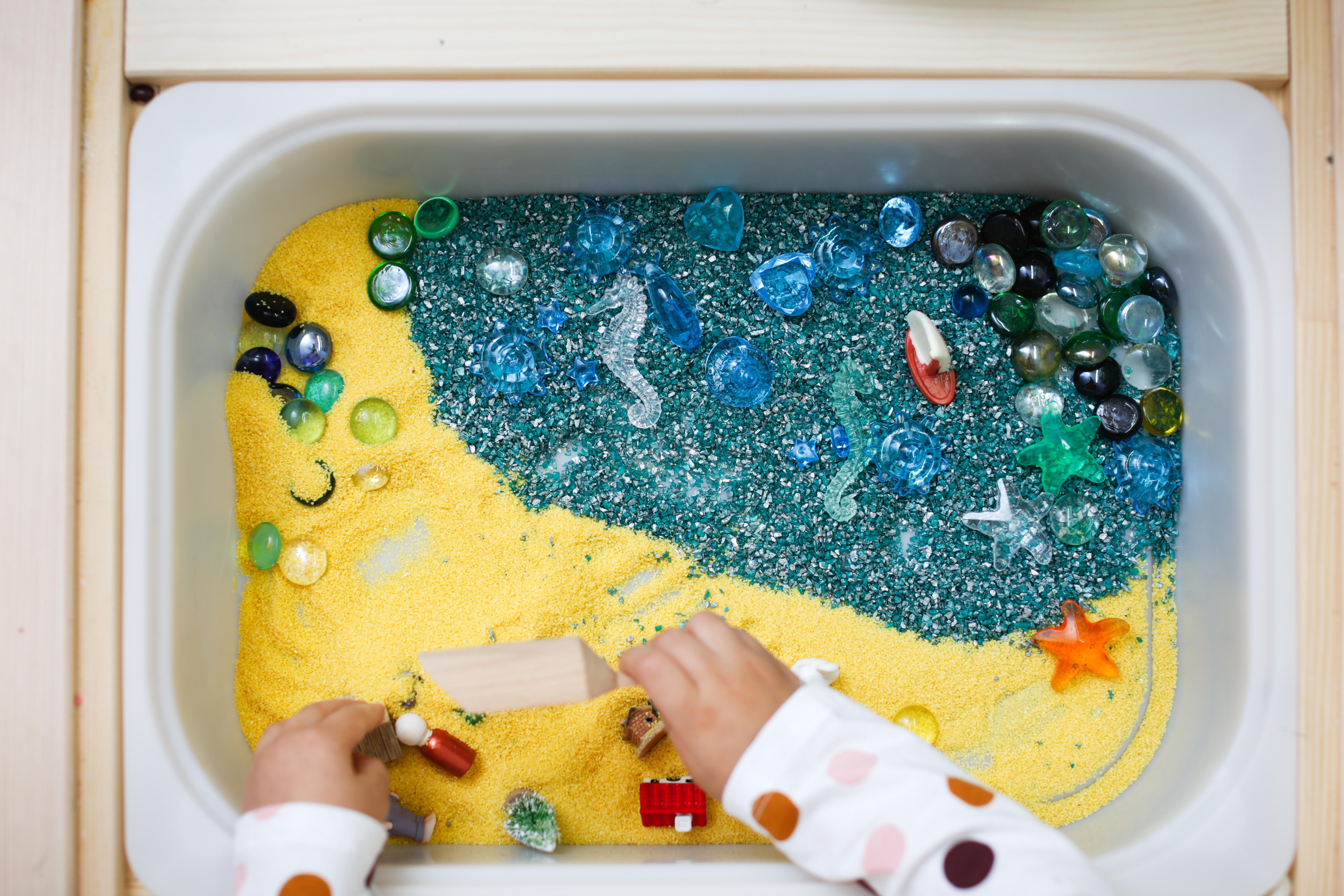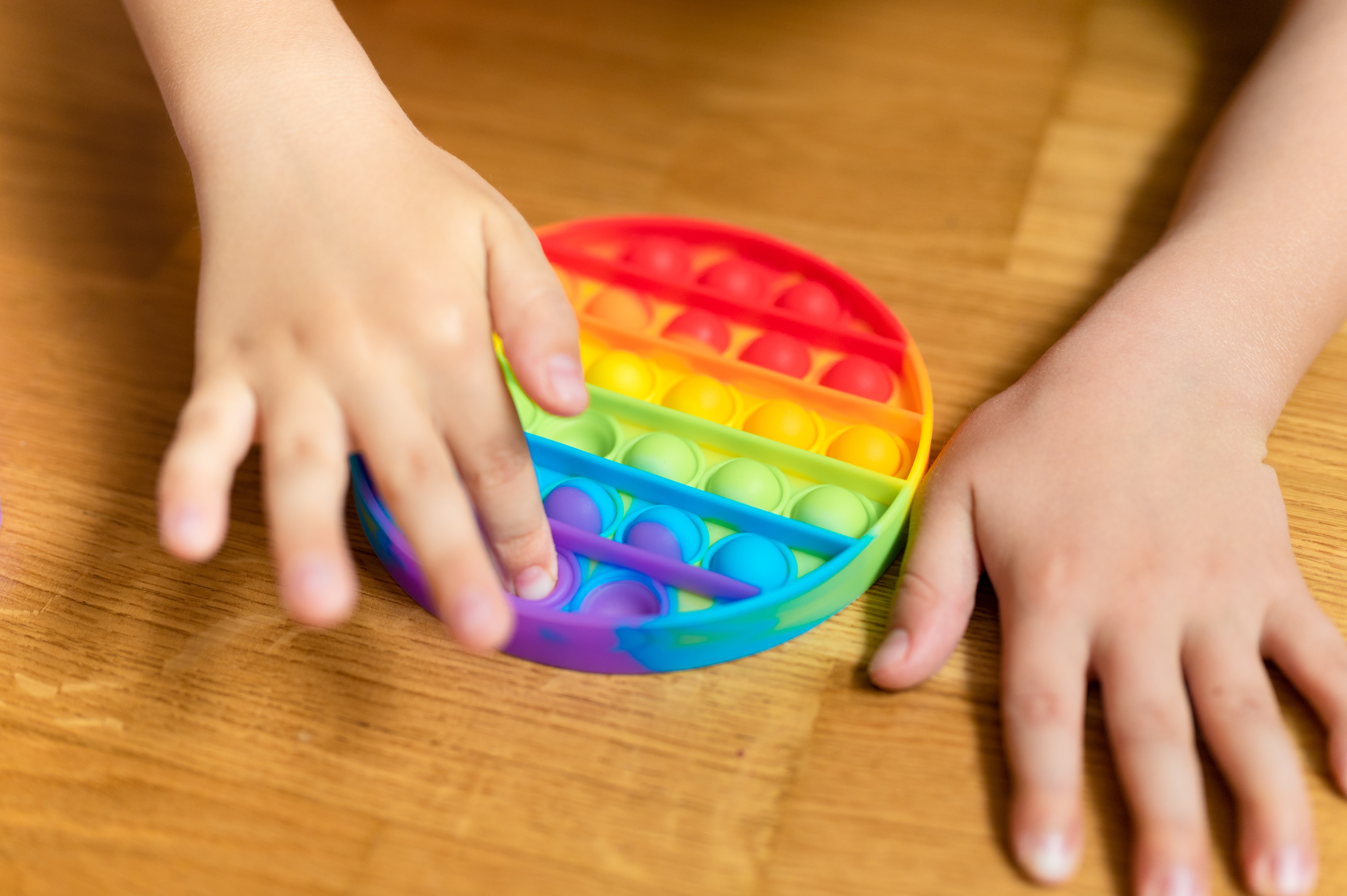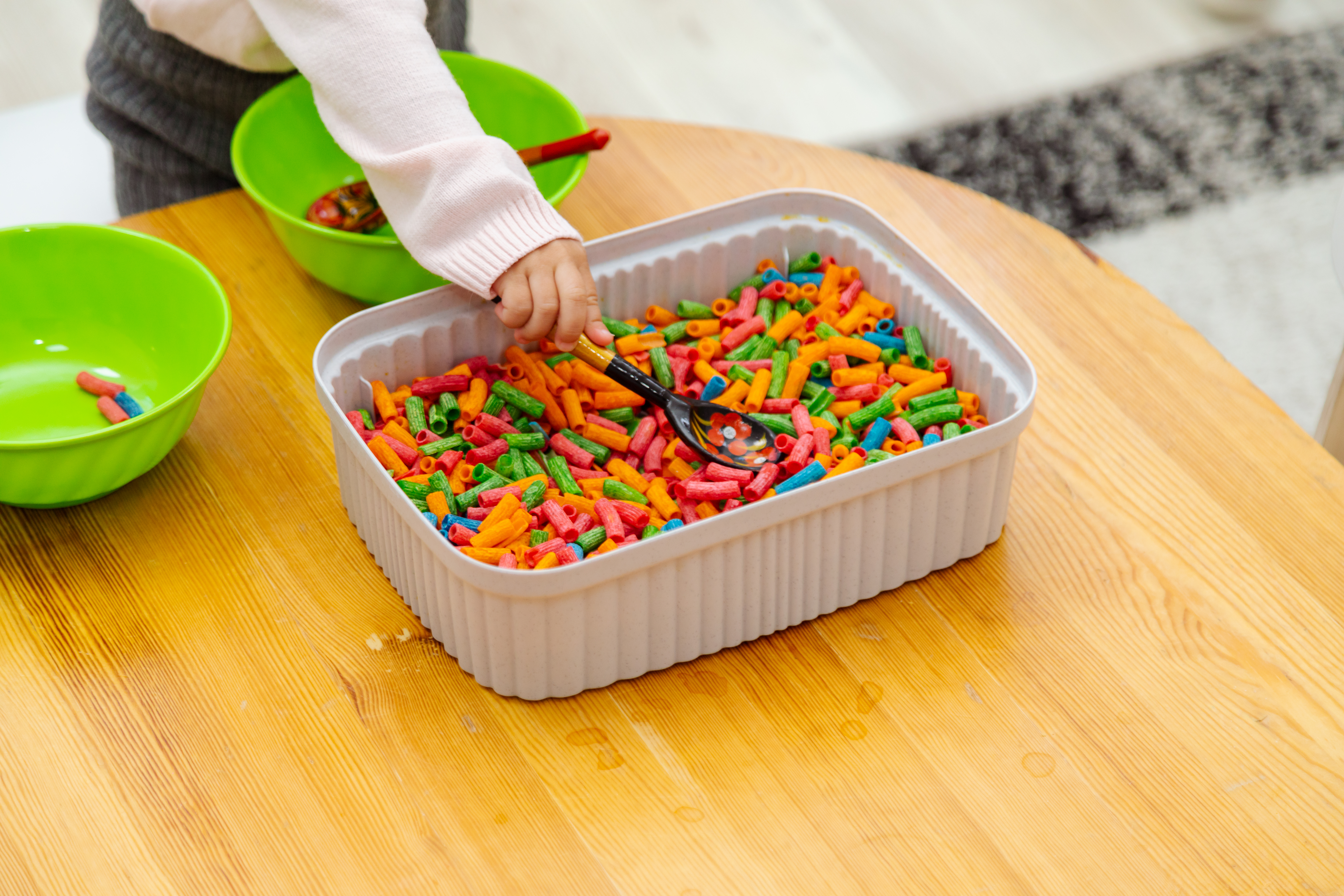A child's five senses play an important role in exploring and understanding the world around them from birth to the early years of childhood. It's an essential part of early childhood development, and allowing children to utilize their senses while exploring the world around them through sensory play is crucial to their brain development. Children grow and develop rapidly during their first 3 years of life. They are capable of taking in vast amounts of information as they grow from infants to toddlers to preschoolers and making it into working knowledge about the world.

Aside from being fun and interesting for babies and young children, sensory activities also help them refine their thresholds for sensory information, which supports their developing brains in creating stronger connections with sensory information and in learning to filter out unnecessary information. For example, a child who is particularly picky about eating might not want to eat food with a wet texture. By using sensory play, children are able to feel, smell, and play with texture in an environment with little expectation. As a child develops trust and understanding of this texture, positive pathways are formed in their brain to indicate this food is safe.

As another example, it may be difficult for a child to play with other children when they are surrounded by a lot of conflicting sounds or sights. As the child engages in sensory play, they will learn to block out unnecessary noise and focus on the play with their peers.

Children naturally desire to engage in sensory play, and it is important to encourage and support this desire at home and in early learning environments. Dealing with messes is an inevitable part of parenting a toddler. You can make those messes educational and even participate in the fun by using the ideas from our previous post to create great learning experiences for your children.